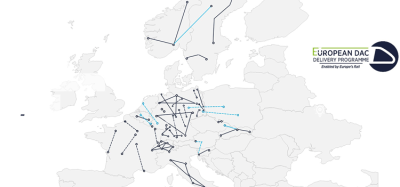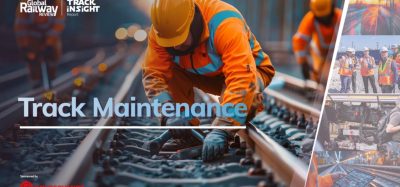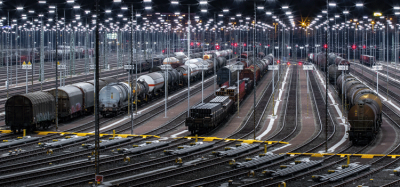Driving the digital rail revolution through data
Posted: 7 November 2019 | Global Railway Review | No comments yet
As the afternoon of Digital Rail Revolution 2019 commenced, data and condition monitoring were just some of the main topics of focus.
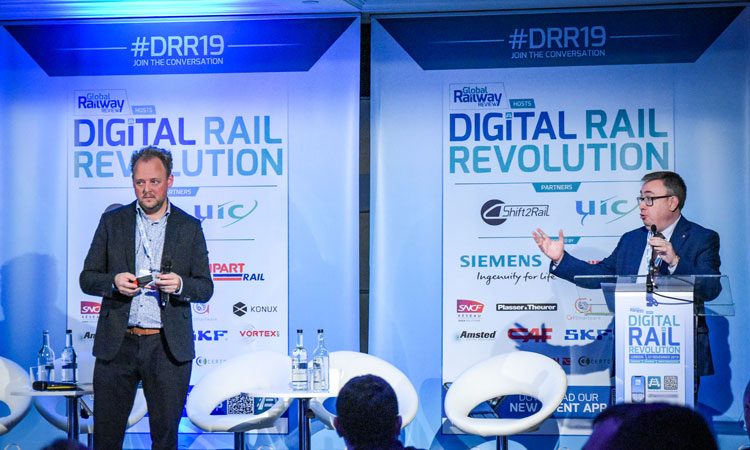

Diego Galar (right) and Thymo van den Brug discussed the importance of data when handling bigger passenger numbers.
The afternoon of Digital Rail Revolution 2019 was very much centered on data, beginning with a session from Unipark on condition monitoring which the Chairman of Stream A, Diego Galar, Professor of Condition Monitoring, Lulea University of Technology (LTU) called a “hot topic”. Indeed, Dr David McGorman emphasised its importance, specifically the importance of monitoring assets using data, saying “it all comes down to data – processing it and managing it”.
“It’s all about changing practices,” McGorman continued, “and to do that you need data. But the most important aspect of this is to change data into actionable data.”
However, he also pointed out that companies tend to want to monitor everything they can, which they don’t need to do: “Just monitor something that will make a difference,” he said.
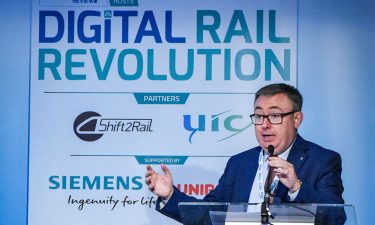

Diego Galar chaired the sessions during the afternoon on Stream A, which emphasised the importance of data.
Speaking of making a difference: “The revolution has already happened at ProRail with data,” said Thymo van den Brug, Manager Development, Asset Management Information, ProRail during his session at Digital Rail Revolution, pointing out that capacity was a big challenge ProRail needed to address. “The question is: How do we manage a better infrastructure to handle bigger capacity?” The answer is effectively using data: “We wanted to connect data together and share it, so we created an integrated information model. Our aim was to have data-driven management.”
Data science is the new way to improve the use of data…”
But to do this, ProRail had to effectively use this data. “Data science is the new way to improve the use of data,” said van den Brug who gave an example of transforming data to discover which station in the Netherlands uses the most energy.
So how to will ProRail manage a better infrastructure to handle bigger capacity? “Data is the new gold!” said van den Brug who announced that the company will “use autonomous technology, sensor technology and big data in 2040 to ensure that more trains run more frequently and efficiently, and cause less convenience.
“The fact that hardly any disruptions occur is due to our data being in order,” he said




